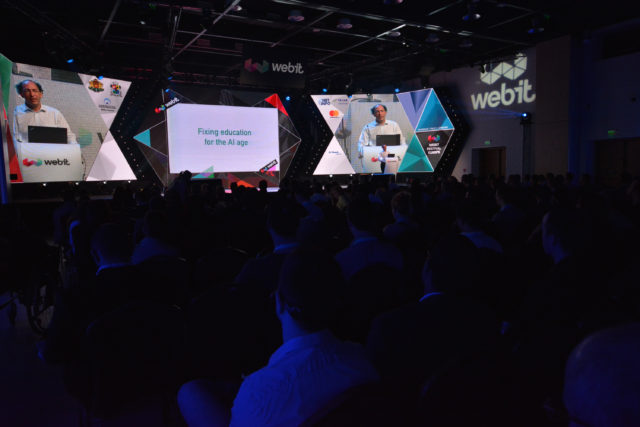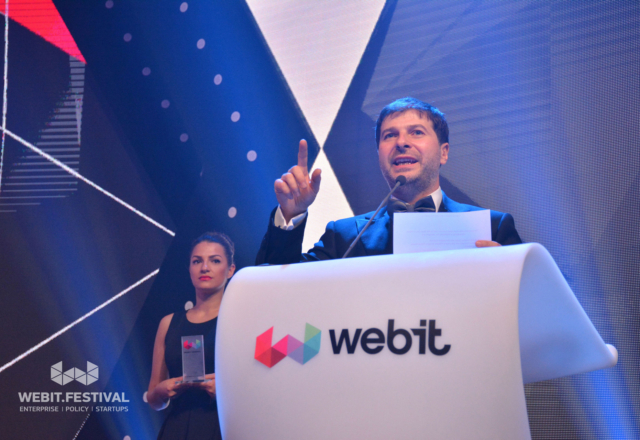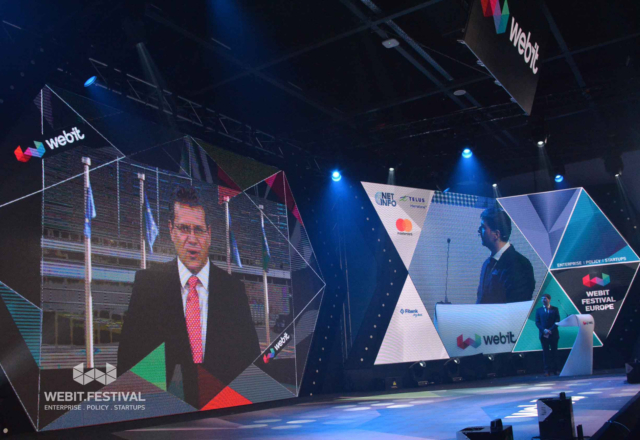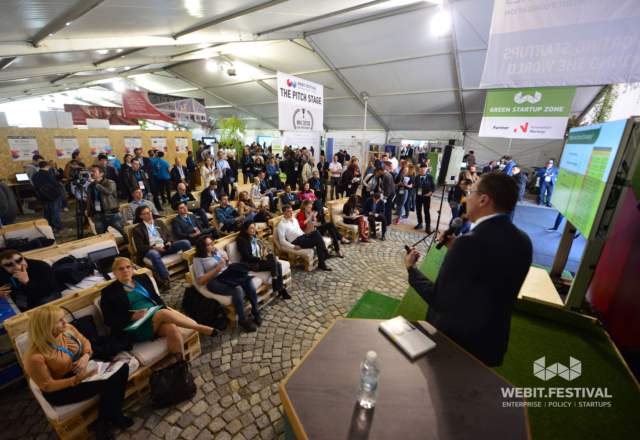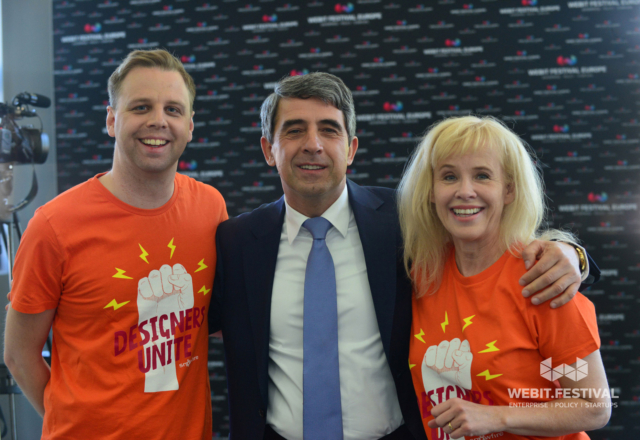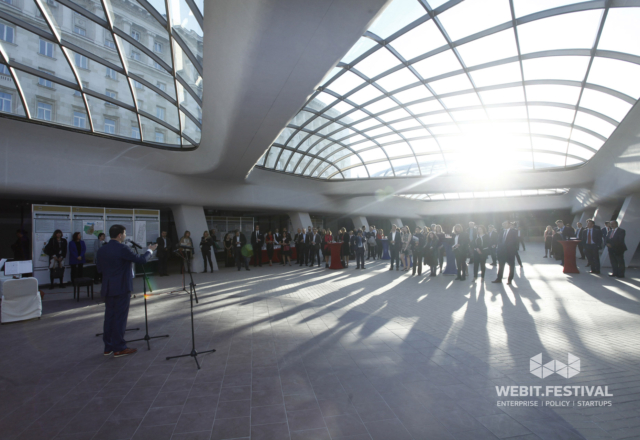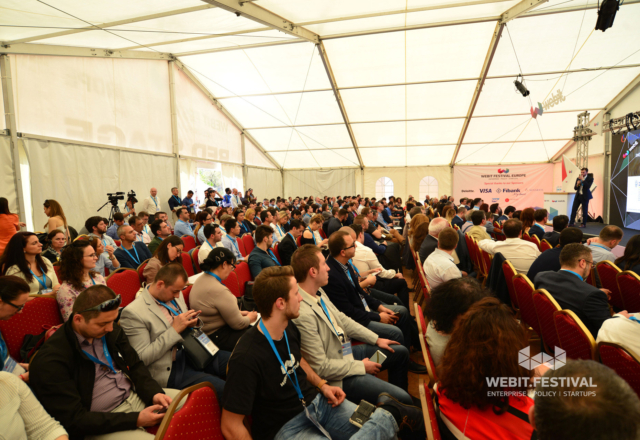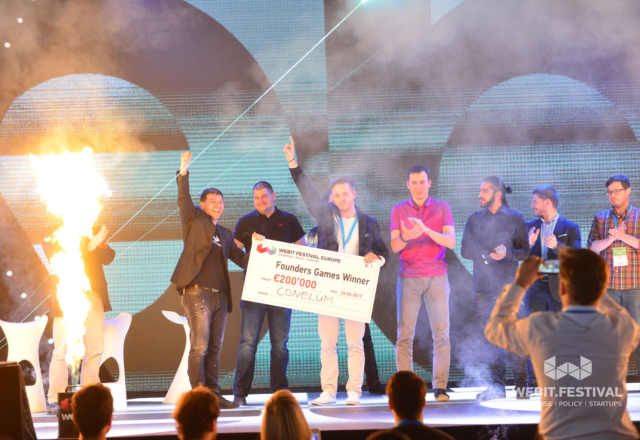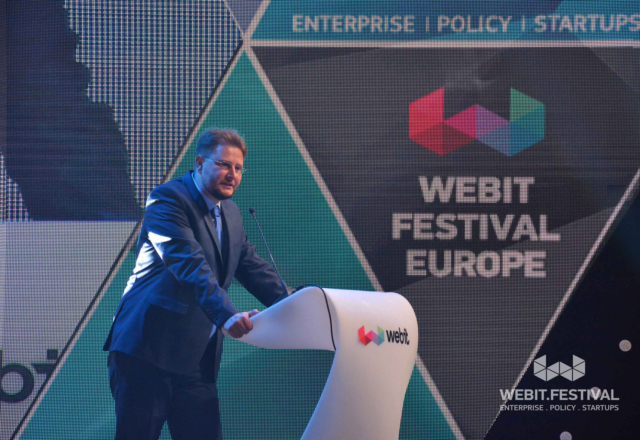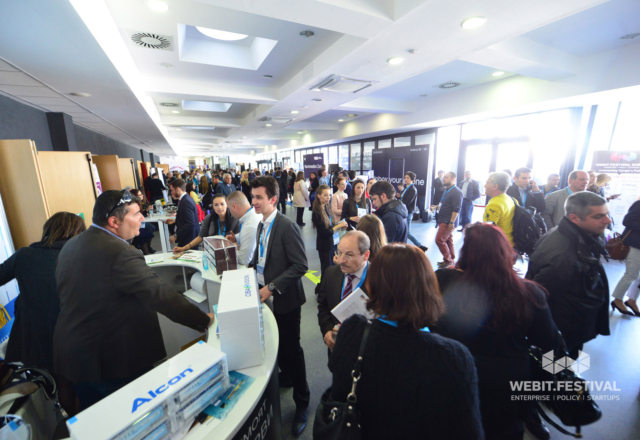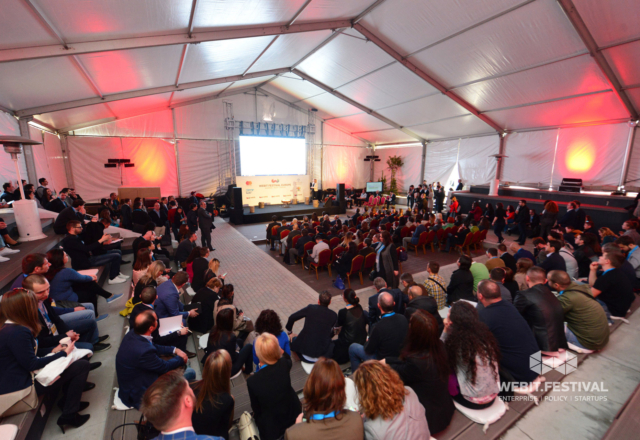We are all talking about the Fourth industrial revolution and its potential toll on the labour market around the world. As the developments of robots, AI and automation seem inevitable, countries, communities and organizations must find ways to adapt our skills to the needs of the future.
During Webit.Festival Europe we had the chance to listen to one of the people that are going to drive this existential change in the processes of learning. The Director of Strategic and International Development at Wolfram Research Conrad Wolfram shared his thoughts on fixing the education for the AI age and took us on a journey through the challenges education faces today.
Wolfram technology and consulting solutions drives innovation in data analytics, software development and modelling from startups to Fortune 500 companies, in industries as diverse as medicine, finance and telecoms.
Conrad is also recognized as a world authority on fixing Math education, including advocating a fundamental shift to focus on computer-based computational thinking rather than hand calculation.
During his speech, he outlined the main effects computers and AI have on education. The first one is that we need to learn subjects that have changed, because the computers now do work that usually humans used to have to do. The second is that AI gives us the tools for building a more personalized learning, assessment and experience during the learning process.
“The key point to understand is that we need humans to focus on what they are good at and leave computers do the same. And that involves also humans learning how to connect with computers in a meaningful way, so that we have the best interface to get the computers do what we want”, Wolfram said.
He gave the example with the ever changing survival skills during the years. Hundreds of years ago it was crucial to be able to make a fire or to kill an animal to eat. There are now different and very modern survival skills to do with computational knowledge.
According to him the skill at the top of the future value chain is what we may call computational thinking – knowing how to think in a computational way about life.
Around the world we spend many hours of child’s life every week learning Math. But Wolfram thinks that the big question we must ask ourselves is whether this Math is fostering computational thinking, or not?
He thinks that right now this is not the wrong subject and we should use all those hours to do much more computational thinking oriented subjects.
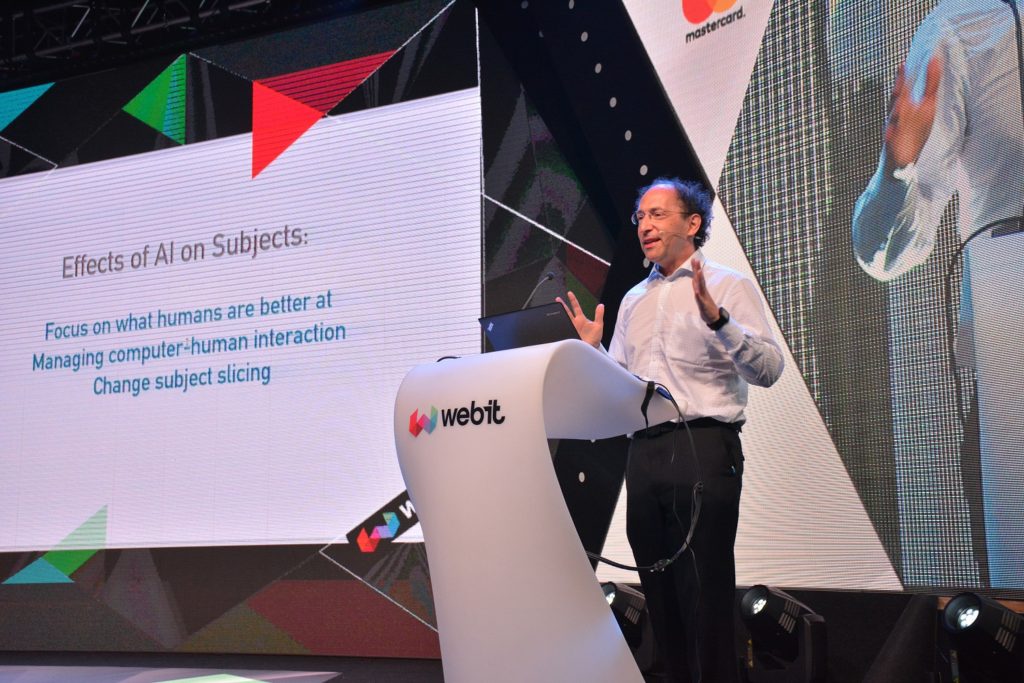
There are at least 3 good reasons for learning the right kind of Math. The first is that it gives us skills for the technical jobs that have powered our economies and continue to do so. The second is that it creates our everyday ability to work in the modern society and deal with the reask that are displayed to us. And the third is that it creates logical thinking about the ways we approach life.
If we talk about the actual essence of Math, we must say that it is a four-step process. You define a question, you translate it to to this abstract notation and the reason you do that is that you can then compute answers much better than you can by talking about it in a normal language, like English or Bulgarian. Then you interpret the results. You take that abstract answer and you go back trying to produce the actual answer to the real question you asked.
“Here is what is going wrong in education. We spend almost all our time learning how to do step 3 by hand. This is the step that computers can do fantastically better than any humans. So what we all should be doing is use computers for step 3 much more and using students much more for steps 1, 2 and 4”, Wolfram said.
In school students learn how to solve a linear equation by hand, but in real life the equations we face are much harder and complex. Now our smartphones are able to solve linear equations after a voice command from us. So the key question is why are we spending 10 years of our students lives trying to get them to solve such tasks.
Conrad Wolfram founded the computerbasedmath.org to drive implementation of the change. It is now a worldwide force in re-engineering the curriculum with early projects in Estonia, Ireland, Sweden and Africa.
The main idea behind the project is that the computer already exist, we have it and it is not going away. And the main task is to figure out how the curriculum should look like.
For years we had countries trying to be part of the knowledge economy as opposed to manual labour. The next step is an economy that is driven not only by knowledge, but by the interaction of humans and computation.
According to Conrad Wolfram, without a fundamental reform of our education, we are not ready for that. So governments and organizations need to think about innovative ways to unstick the education ecosystem, so that we can have real innovations and not just have to stick with the same things.
“I am avoiding the term Math for much of what I’m now talking, because I think that Math has become a rather toxic word. I like the term computational thinking, but whatever it is called we have to reform what we are doing, either by making a new subjects or by doing a hostile takeover of the old subjects. And it is vital to make that as quickly as possible. Once you got automation in life from machines you need to use it so that humans can go further. We don’t have to make humans compete with the machines, because we will fail”, he said.
You may watch Conrad Wolfram’s full lecture here:
If you want to keep up with the latest trend in the world of digital economy and technology, then Webit.Festival is the right place for you. Visit our website and book 2 of our Super Earlybird tickets for Webit.Festival Europe 2018 for just €100.
Feel the Webit vibe with some of the best photos from this year’s event!
